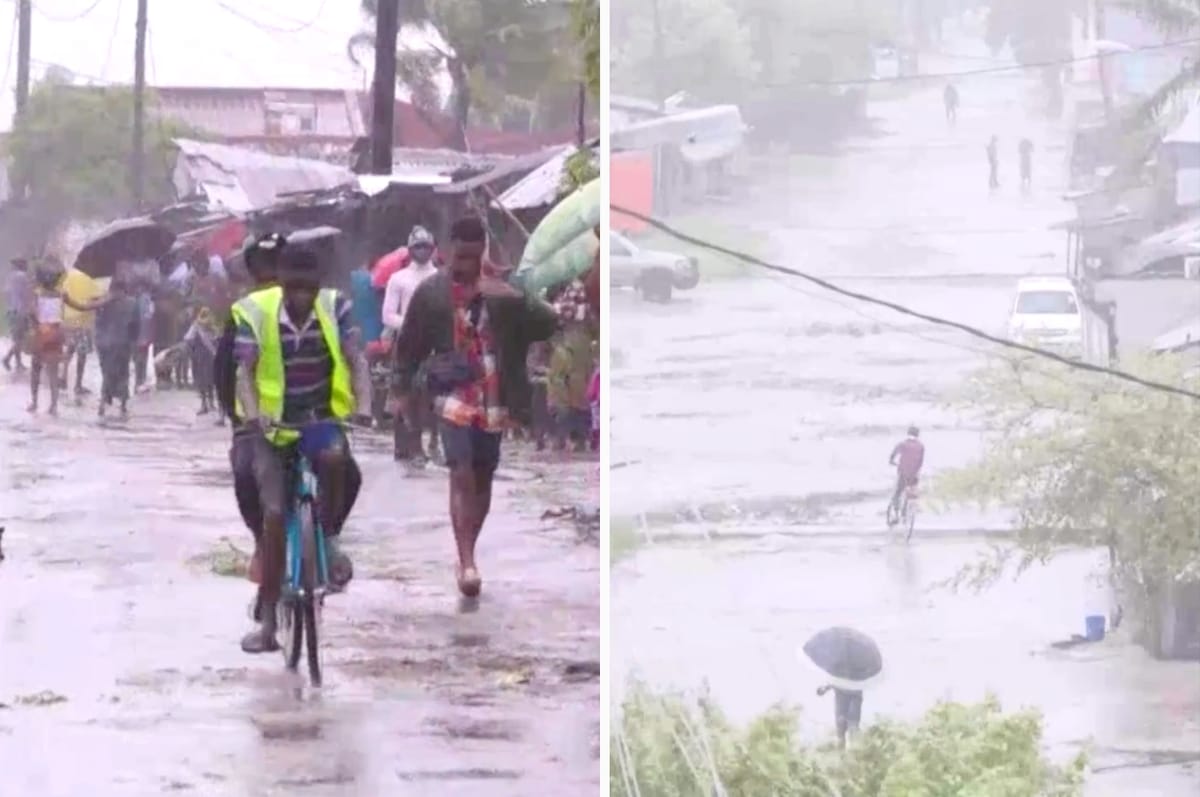More Than 200 People Dead In Southern Africa After It Was Hit By One Of The Longest Storms
Cyclone Freddy has broken several records including the most accumulated cyclone energy for a storm in the southern hemisphere.

Cyclone Freddy, one of the longest cyclones in history, has devastated Southern Africa and killed at least 200 people.
The storm has affected the southern African countries of Madagascar, Malawi, Mauritius, Mozambique, France’s Réunion and Zimbabwe, according to the United Nations’ Relief Web.
The total death toll has hit at least 220 in Malawi, Mozambique and Madagascar as of Wednesday March 15.
Authorities expect it to rise as many regions remain inaccessible to relief operations.
In Malawi alone, the disaster agency has estimated around 19,000 people have been displaced.
“A number of places are flooding and a number of roads and bridges are cut. Visibility is almost zero. Electricity is off and also network is a problem. It’s becoming more and more dire,” Malawi authorities told CNN.
The cyclone is expected to worsen a cholera outbreak in Malawi and Mozambique as water infrastructure damages and clean water become unavailable.
Cyclone Freddy has broken several records including the most accumulated cyclone energy, which records the total wind strength, for a storm in the southern hemisphere.
The tropical storm had traveled from off the coast of Australia through the Indian Ocean and made landfall on Madagascar and Mozambique in late February.
The cyclone then looped back and made another landfall on Mozambique on March 11.
“No other tropical cyclones observed in this part of the world have taken such a path across the Indian Ocean in the past two decades,” the US National Oceanic and Atmospheric Administration said, according to Reuters.
Its wind speed reached 160 miles per hour, which is equal to the wind speed of a category 5 hurricane.
Meteorologists are also determining if the storm has broken the record for longest-lasting storm in history.
The longest storm was a hurricane that lasted 31 days in 1994.




